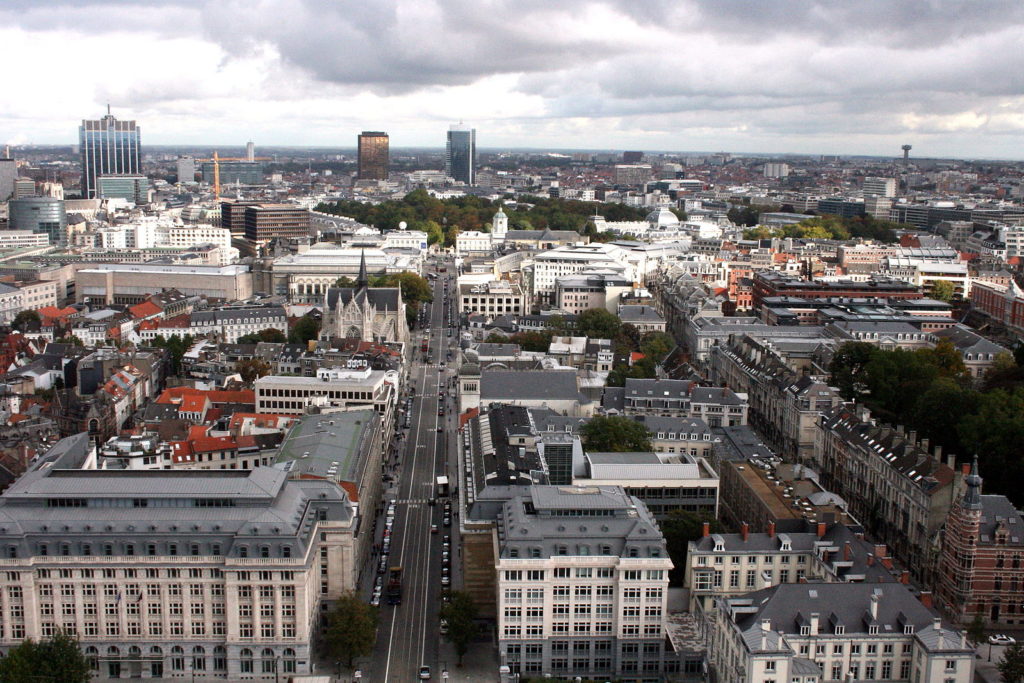Fewer than 20% of the residents of the communes of Saint-Josse-ten-Noode, Molenbeek-Saint-Jean, Schaerbeek, Saint-Gilles and Brussels City have been vaccinated against the coronavirus.
These are also the communes where the highest number of positive Covid-test results has been registered, according to Professor Dirk Devroey, dean of the Faculty of Medicine and Pharmacology at the Vrije Universiteit Brussel (VUB – Free University of Brussels).
On the other hand, figures from the Sciensano institute of public health show that in a number of Brussels communes such as Woluwe-Saint-Pierre, Watermael-Boitsfort, Uccle, Auderghem and Woluwe-Saint-Lambert, over 32% of inhabitants have already received a first dose of a vaccine.
Related News
- Brussels residents can already print a vaccination certificate
- 'A few thousand' Flemish residents vaccinated faster in Brussels using false postal code
- Over 200 million coronavirus vaccine doses administered in EU
This is comparable to the general vaccination rate in the country, which stood at 30.8% this week.
“But in the whole of the Brussels-Capital Region, only 23.9% had been vaccinated by the 18th week,” Devroey said. “That’s mainly because, in a number of communes such as Saint-Josse-ten-Noode, Molenbeek-Saint-Jean, Schaerbeek, Saint-Gilles and the city of Brussels, fewer than 20% of the total population have received their first injection."
“These communes have also not managed to vaccinate over 70% of people over the age of 65 years,” he added.
The least vaccinated communes are also the ones that registered the highest numbers of Covid-positive cases last year.
According to Devroey, the low vaccination rate could stem from many factors. “It’s possible that the inhabitants of these communes take less interest in their health,” he explained. "Or perhaps they think they do not need the vaccine if they’ve already had the illness, which is evidently wrong."
“In these communes, residents are also less liable to have a regular family doctor who, for many, is the person of trust who can give them reliable information on illnesses and prevention.”
Devroey stressed the importance of having a sufficiently high level of vaccination in all communes, otherwise there is a risk of a localised outbreak liable to spread the virus once again among the unvaccinated.
The Brussels Times

